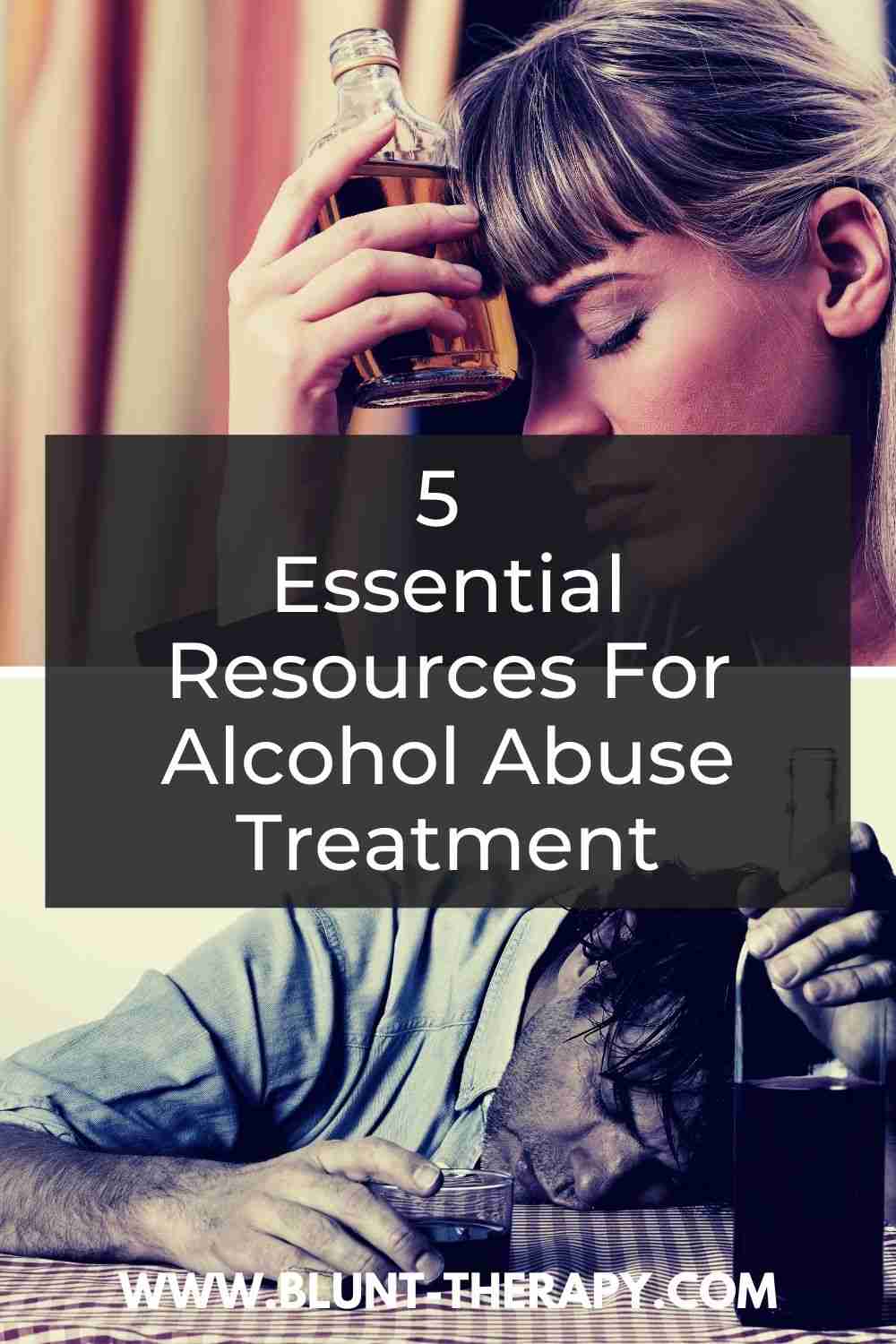Last Updated on December 11, 2021 by Randy Withers, LCMHC
If you’ve been using alcohol to cope with stress, you’re not alone. Heavy alcohol consumption has been on the rise for years, and the pandemic has only made things worse. Online liquor sales have increased 262% since 2019, and Nielsen reported a 54% increase in national alcohol sales during the first year of the pandemic. At the same time, more people than ever are starting to reevaluate their relationship with alcohol.
Alcohol use disorder is a serious medical condition that often requires professional, long term care. Fortunately, there are a number of effective treatment options. From the more well-known 12-step program like Alcoholics Anonymous to newer, evidence-based online treatment platforms like Monument, resources for alcohol abuse treatment are abundant. Many are even free.
No two paths look the same, and there is no one-size-fits all solution for changing a relationship with alcohol. Recovery experts recommend utilizing as many sources of support as possible for the greatest chance of success.


5 Resources For Alcohol Abuse Treatment
To help you familiarize yourself with the different tools and treatments available, below are five resources for alcohol abuse that can help reduce heavy drinking and promote healthier habits.
1. Psychotherapy
You might think of therapy being used to treat mental health conditions, and you’d be right. But it’s also proven to help treat substance use disorders.
Research shows cognitive behavioral therapy (CBT) can help reduce alcohol consumption by identifying the underlying triggers and influences behind unhealthy alcohol use and offering new tools for coping. It also can help restructure negative thought patterns, regulate emotions, and establish boundaries.
Motivational Interviewing (MI) is another common modality used in addictions counseling. It helps clients to develop goals and facilitate positive change in a supportive and non0directive manner.
While specialized therapy focuses on changing drinking habits, it also aims to treat co-occurring conditions such as anxiety and depression. Whether you’re looking to achieve sobriety or drink in moderation, therapy can help you set realistic goals, and provide structured accountability and guidance as you work to achieve them.
There are several ways to access therapy, both in-person and online. The online treatment platform Monument connects you to therapists who have special expertise in helping people cut back on drinking with a judgement-free approach.
Online Therapy Resources For Alcohol Abuse
Please note: these are “premium, fee-based services.
2. Medication to stop drinking
Many people are unaware that there are FDA-approved medications to help stop drinking or cut back. However, they are now considered a gold standard in treatment.
There are a few medications that help to curb alcohol cravings, such as naltrexone and acamprosate, both of which can help a patient achieve sobriety or to cut back on drinking. Naltrexone works by blocking the pleasurable components of alcohol so that people get less reward from drinking. Acamprosate is a different medication that interacts with glutamate and GABA neurotransmission in order to decrease alcohol cravings.
Randomized controlled trials, such as an analysis published in JAMA, revealed that both naltrexone and acamprosate reduce the risk of returning to drinking after sustained abstinence.
Another FDA-approved medication used in alcohol abuse treatment is disulfiram, also known as Antabuse. This medication causes an allergic reaction to alcohol while taking it. Disulfiram can act as a psychological deterrent for those looking to remain entirely abstinent from alcohol. It’s important to note that the reaction between disulfiram and alcohol can lead to dangerous side effects.
Medication is most effective when used in combination with other treatment modalities. For example, taking naltrexone can help reduce cravings so that you have the mental space and energy to address underlying issues in therapy.
The choice to incorporate medication into a treatment plan is based on an individual’s preferences and their physician’s recommendation based on their health history. You can speak with your primary care physician, or connect online with a specialized physician on the Monument platform to discuss if medication is appropriate and safe for you.
3. Peer support groups
Perhaps the most traditional and well-known form of alcohol treatment is peer support groups. There’s a reason why this resource is so popular. Evidence from AA and other twelve-step programs shows that peer encouragement and accountability can reduce heavy drinking.
Support groups offer the opportunity to share and connect with others who are navigating similar journeys in a safe, often anonymous setting. These groups offer an invaluable opportunity to feel understood and supported during a journey that can feel isolating.
The encouragement from a close and dedicated community can make a huge difference in someone’s recovery. It can also serve as a supplemental resource alongside therapy or medication.
There are a wide range of support groups to try. You can explore what groups are meeting in your local area, or find a group online, such as Monument’s free, therapist-moderated support groups. Sessions are guided by an experienced clinical moderator, with the option to remain completely anonymous by utilizing a chat function, having their camera off, and listening. No one will ever be called on to share if they don’t want to.
Online Support Groups
4. Online forums & communities
In recent years, there’s been an amazing increase of online communities for those looking to stay sober or cut back from drinking from the comfort of their own home. As opposed to attending a live meeting, forums and community platforms act as a 24/7 resource for anyone seeking support.
Similar to support groups, online communities can be a powerful reminder that no one should carry their challenges alone. There are also identity-specific sober communities who aim to support individuals who navigate similar experiences, whether that be gender, race, sexual orientation, or other factors.
These communities can be found on social media platforms such as Instagram, Facebook, or Reddit. There are also secure, anonymous forums where users can connect and share resources and experiences, such as Monument’s free 24/7 anonymous forum.
Forums and Community Resources For Alcohol Abuse
5. Sobriety podcasts & books
There’s an impressive and robust library of podcasts and books around sobriety and drinking less. These resources can help people who are at the start of their journey hear stories and tips from others who have both personal and professional expertise. They also can provide ongoing sources of education and validation for those working on long-term sobriety or moderation.
Finding a podcast, author, or public speaker you relate to can make a huge difference in feeling motivated and encouraged. Luckily, there’s a huge selection to pick from.
Reading a chapter each night or listening to a podcast weekly can help weave sobriety into your regular routine.
Recovery-Related Podcasts:
Final Thoughts
Seeking support to help change your relationship with alcohol is an incredible, courageous step. If you struggle with alcohol use disorder, remember that getting treatment is no different than seeking support for any other medical condition. It’s one of the greatest acts of self-care (and not to mention, a source of empowerment) you can do for yourself.
You don’t have to know where your journey will take you when you begin treatment. You don’t need to. All you need is the willingness to change and the courage to take those first steps into sobriety.
You’ve got this. Your new life awaits.



